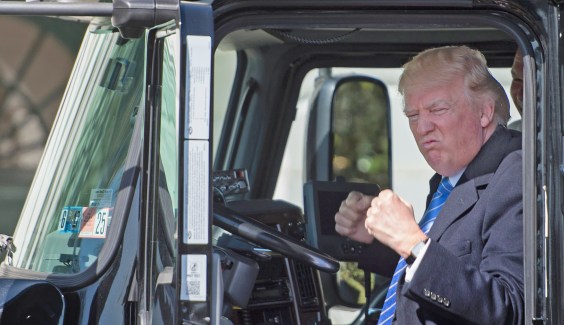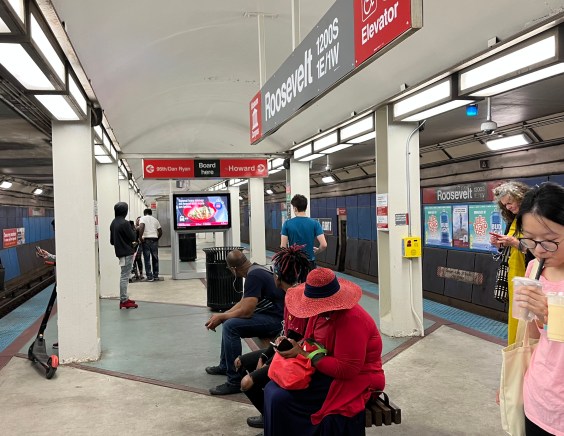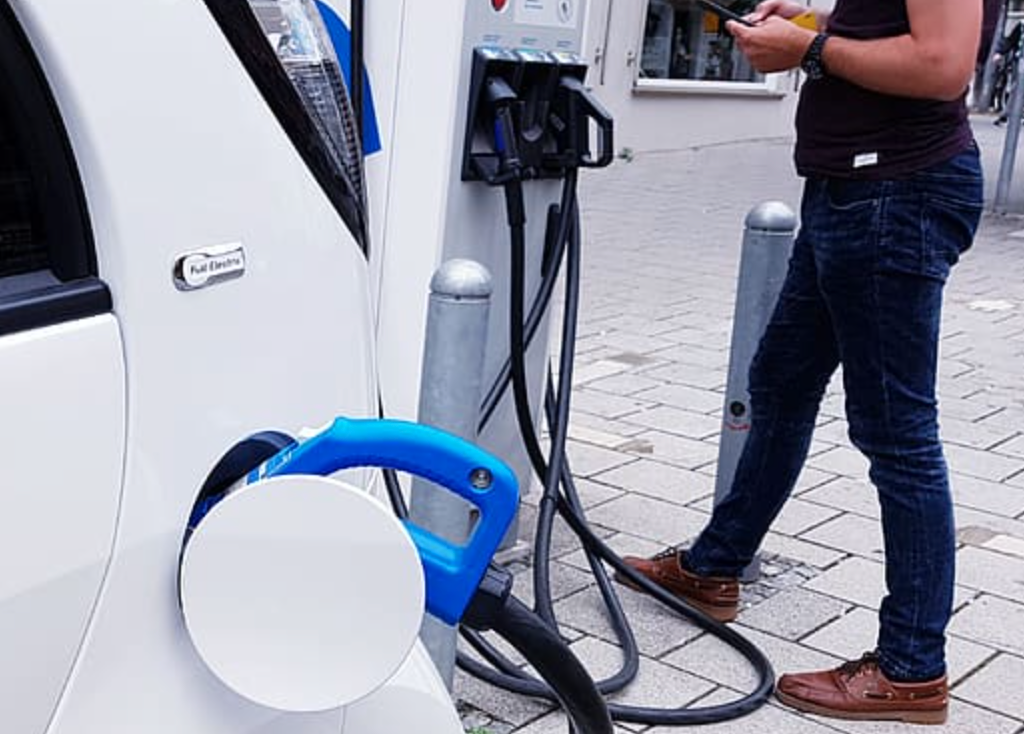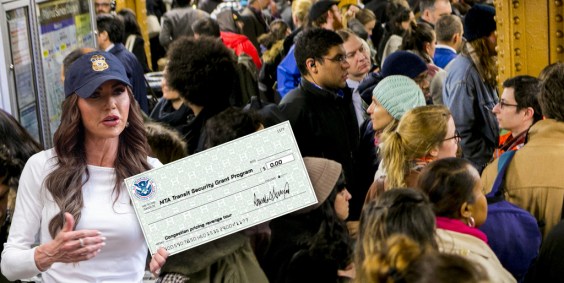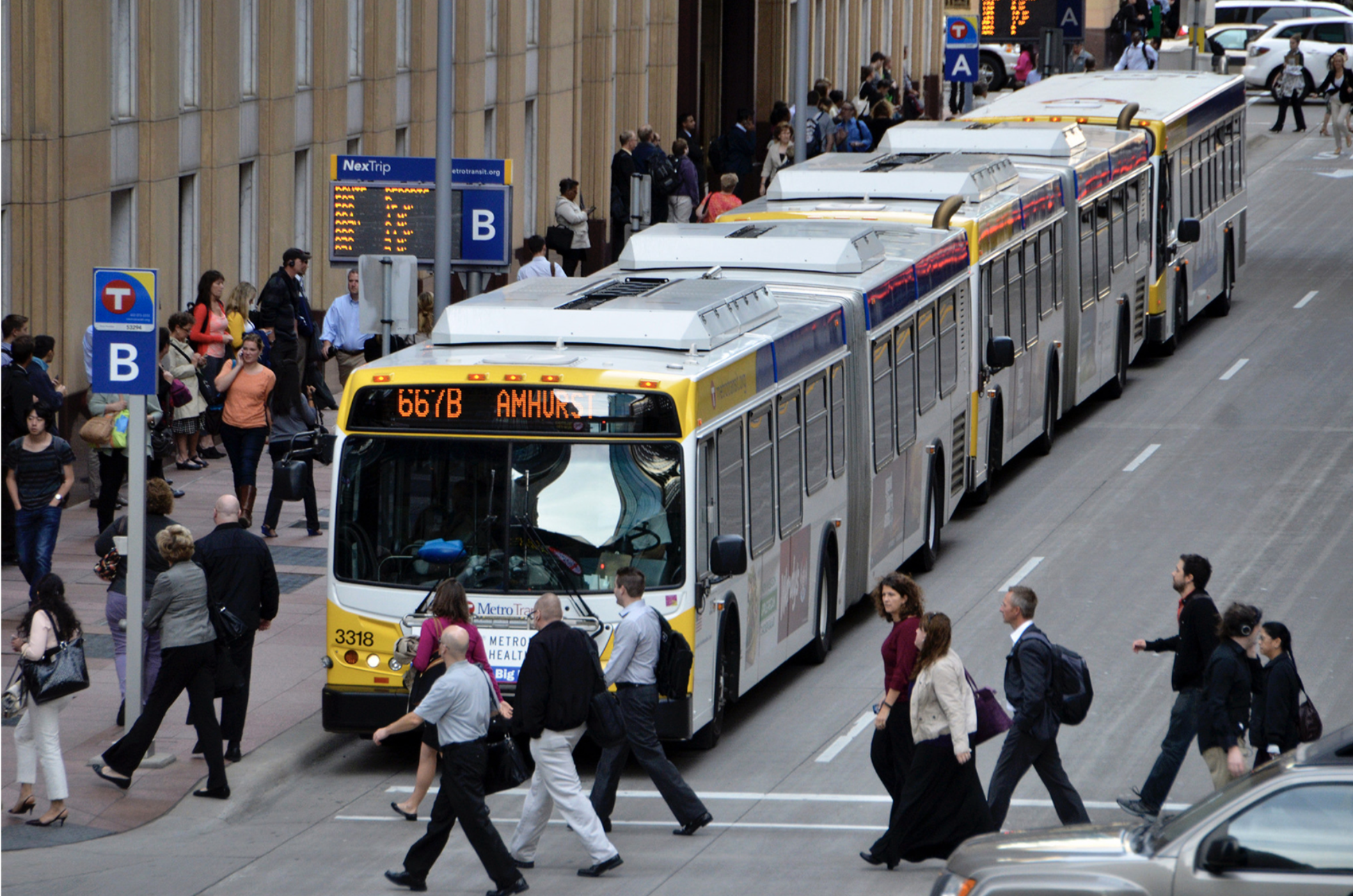In July of last year, when AAA launched their roadside bicycle repair service, cyclists got a warm fuzzy feeling for a minute and thought AAA was about as bike-friendly as an automobile organization could be. That bubble burst in July when AAA Mid-Atlantic President and CEO Don Gagnon editorialized that highway trust fund money should be reserved just for highways [PDF].
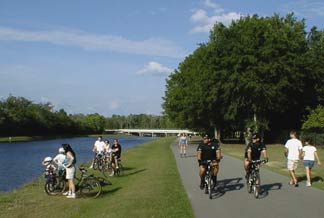
The Rails-to-Trails Conservancy shot back:
"Highway Trust Fund" is a misleading name dating to the 1950s and the founding of the Interstate system. It is a transportation trust fund that has supported transit for 40 years and trails, bicycling and walking for nearly 20 years.
Since September, RTC President Keith Laughlin has engaged in correspondence with AAA representatives, asking them to change their position. AAA insists they're not trying to de-fund bike programs – they just think those programs should be funded through general revenues, not the trust fund. “That's like, after 20 years of stellar job performance in a highly specialized field with scant job prospects, your boss fires you but says he hopes you find another job somewhere else,” says RTC.
This morning, Rails-to-Trails staff and members took their message directly to AAA headquarters in Florida (in the Congressional district represented by incoming Transportation Committee Chair John Mica.) They rode there on the federally-funded Seminole Wekiva Trail—“a trail in AAA’s front yard that, ironically, was developed using the same funding programs AAA would eliminate”— to hand-deliver petitions with 51,377 signatures. Two-thirds of the signatures were from AAA members.
Gagnon’s July editorial argues against House Transportation Committee Chair Jim Oberstar’s position on expanding transportation funding to all forms of transportation. Gagnon says with the trust fund so underfunded, its revenues should go only toward highways.
He said the use of gas taxes since 1991 “not just for highways, but for ‘nonmotorized’ transportation – including sidewalks and hiking and bike trails – as well as for transit” had “not coincidentally” dovetailed with “an increasingly deteriorating highway system."
RTC answered:
AAA's position would eliminate Transportation Enhancements (TE) and other long-standing programs that build active transportation facilities such as trails. Starting over with new programs is especially impractical in the face of a possible budget freeze. Even if budgets were not so tight, to divorce active transportation funding from the transportation finance system would deny state and local officials needed flexibility to develop a healthy mix of transportation choices.
RTC staff members say that while pedestrian and bike organizations have joined the campaign to pressure AAA, they didn't approach transit groups to sign on. APTA confirmed that they aren't part of the campaign and haven't taken a position on AAA's statements. RTC's Keith Laughlin explains that while transit could face scaled back funding in the next Congress, bike/ped funding could be cut altogether. "So for us, this is an existential issue," he said.
Transit accounts for about 20 percent of highway trust fund expenditures – compared to about 1.5 percent for bike/ped facilities.
